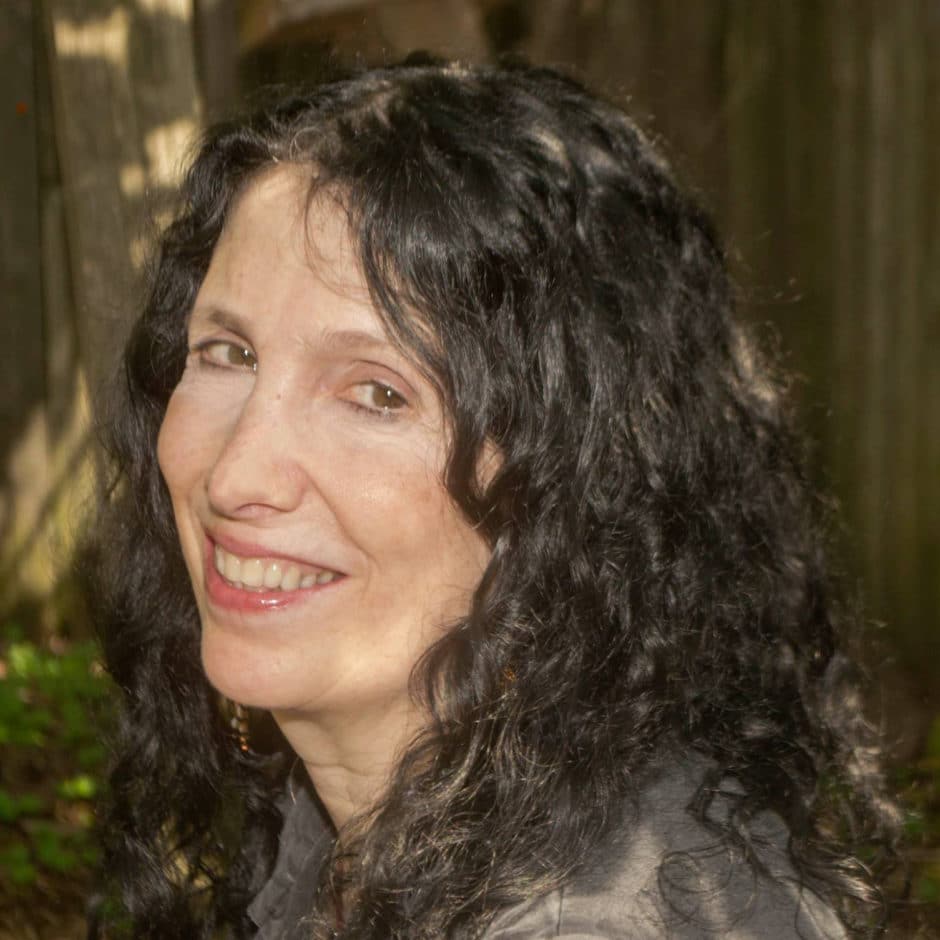By Caroline Leavitt
Shortly after I have my son, I am mysteriously ill with a rare blood disease for almost a year. The meds they give me are toxic, some of the treatments are experimental, (a surgeon uses a robotic arm to glue my veins shut, letting me watch it all on a big screen), and when I finally begin to get better, the doctors tell me there might be lasting side effects. I might bloat out and look obese. (I beach-ball out so my comfort fashion is mumuus, but after a year, I can slide on my skinny jeans again.) I might lose my hair. (Chunks roll off my head and onto my baby, but it sprouts back curlier and stronger than before.) My skin might turn gray. (It does so that people on the subway bluntly stare, but it, too, comes back to normal). And I might lose some hearing and that wouldn’t come back. Sigh. That happens.
At first, because I’m so busy getting well, and taking care of a brand new baby, I don’t notice I lost anything. Not until another six months later, when I’m a giving a reading with two other novelists in front of a packed audience, and one of the other writers nudges me. “They asked you a question,” he says, nodding towards the seats. Panicked, I search for a person standing up, head tilted, waiting. I haven’t heard a question at all, and lucky for me, the person repeats it loudly. Still, I feel my cheeks fire with shame. I can’t look at the other writers, and even though they ask me to lunch afterwards, I make up some excuse.
I tell no one about that day. Instead, I begin to be hyperaware of my hearing and I sink into despair. I’m deeply ashamed. I don’t know anyone who has a hearing issue except for my mother-in-law, who is in her 80s. Comics make fun of hearing loss. People think you are being deliberately stupid. Continue Reading…



